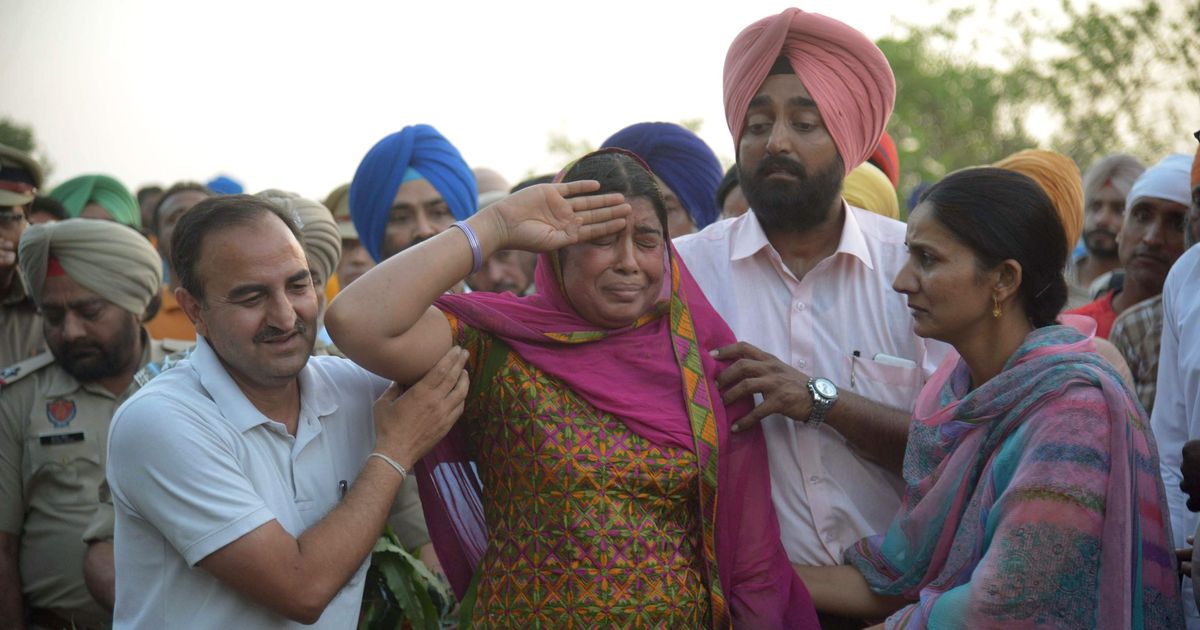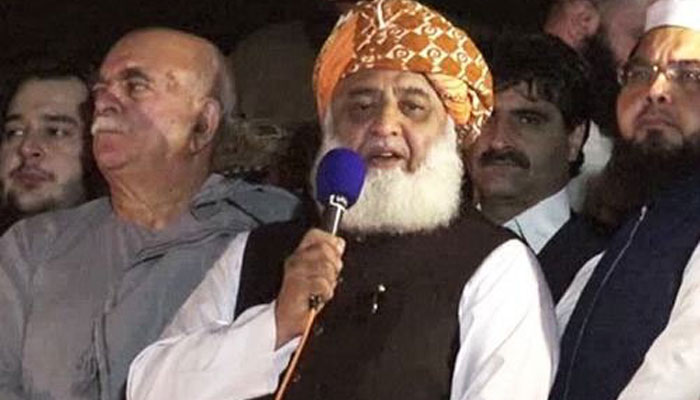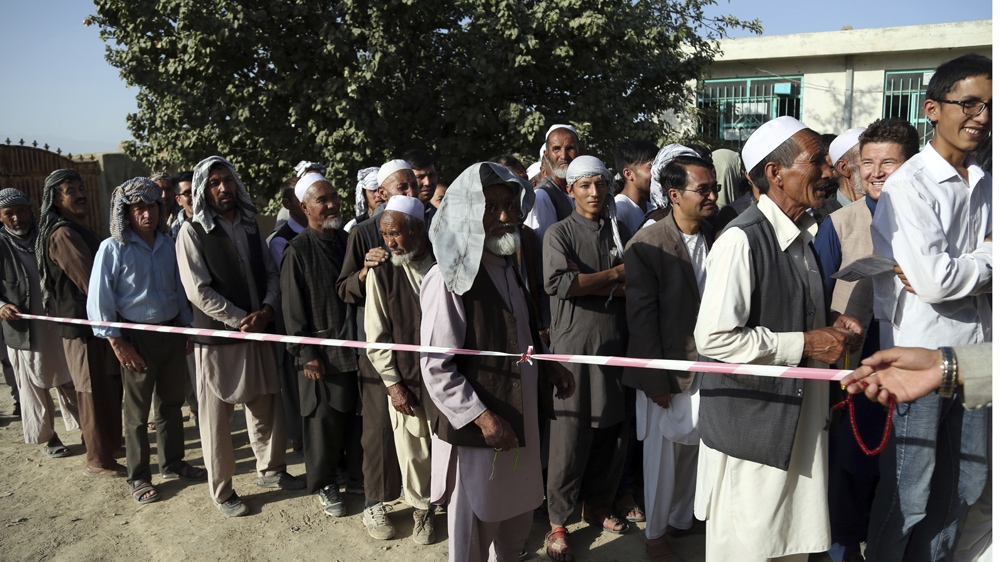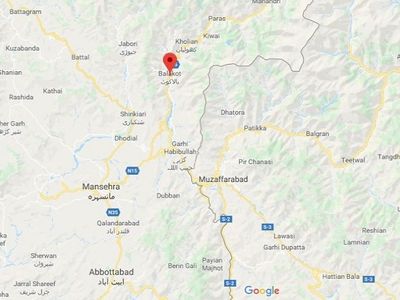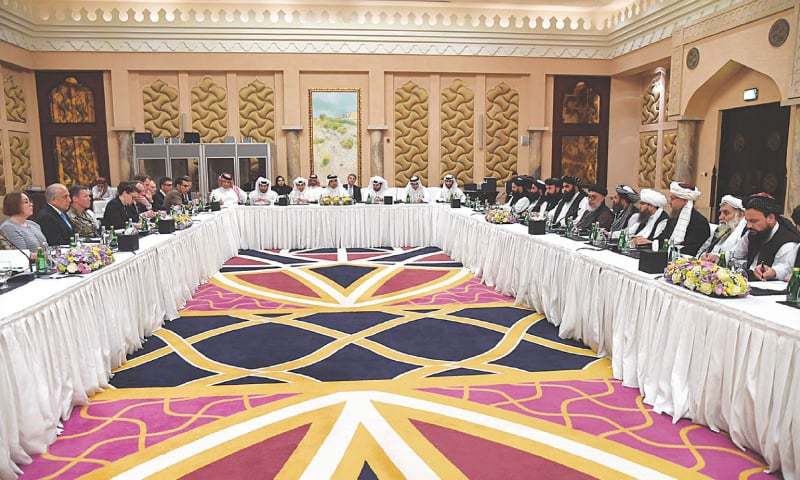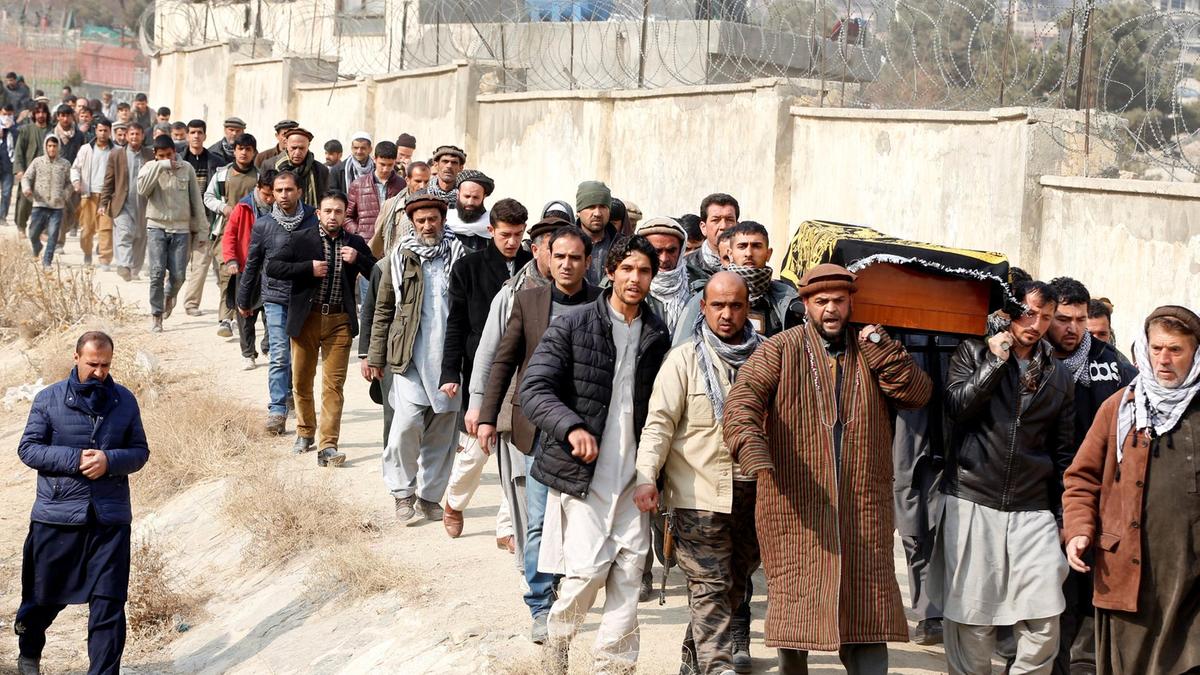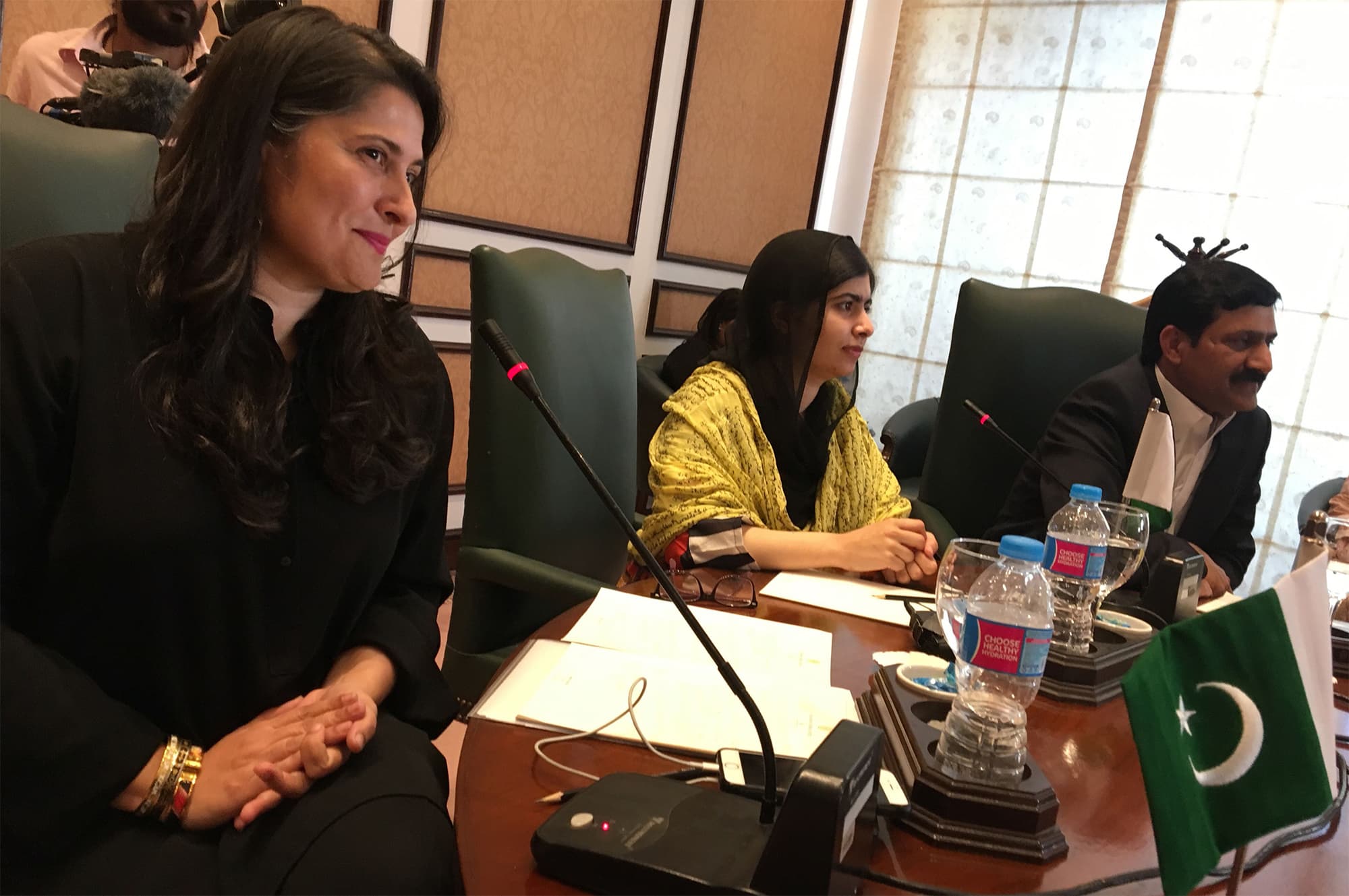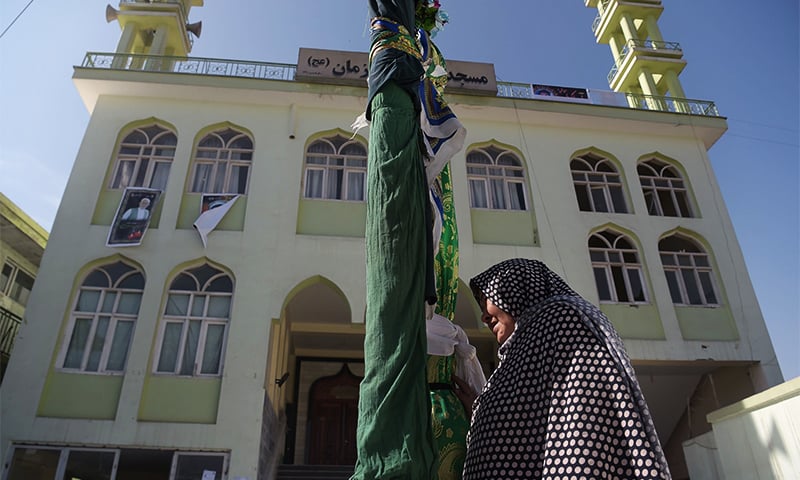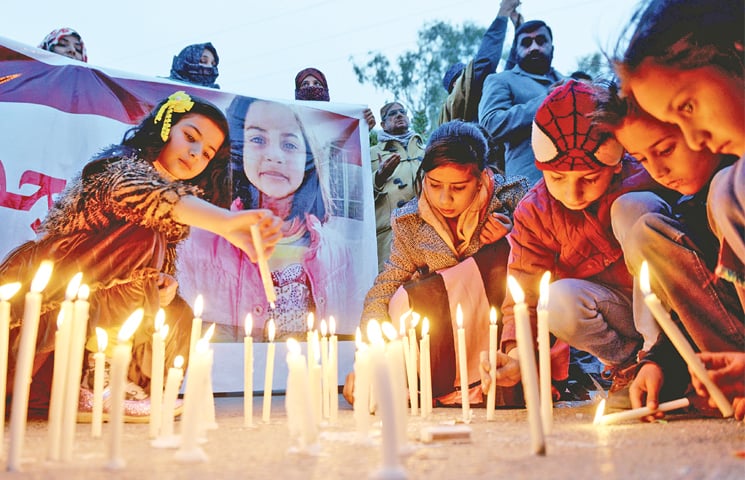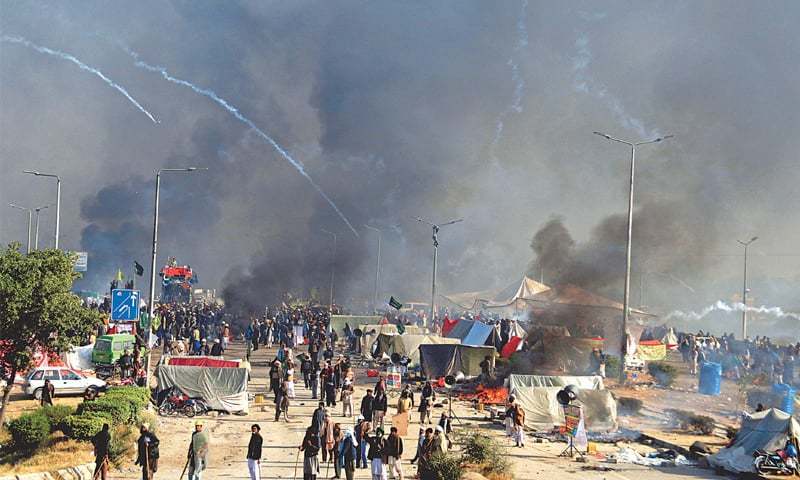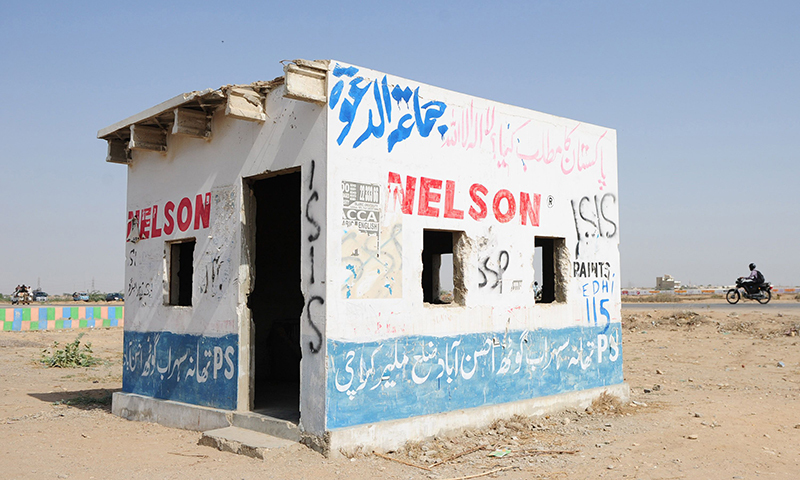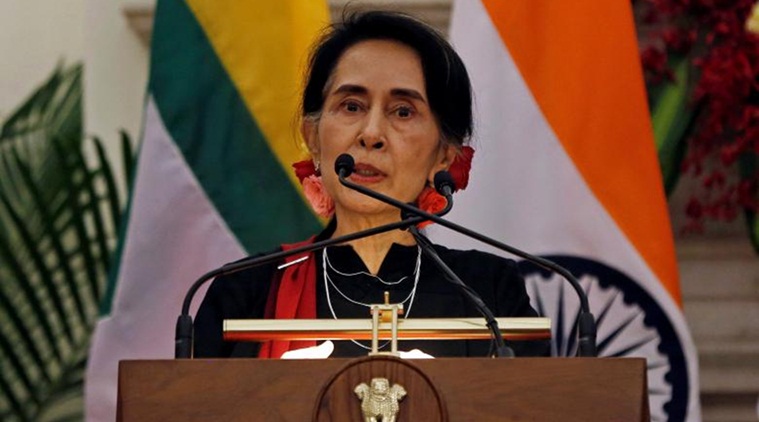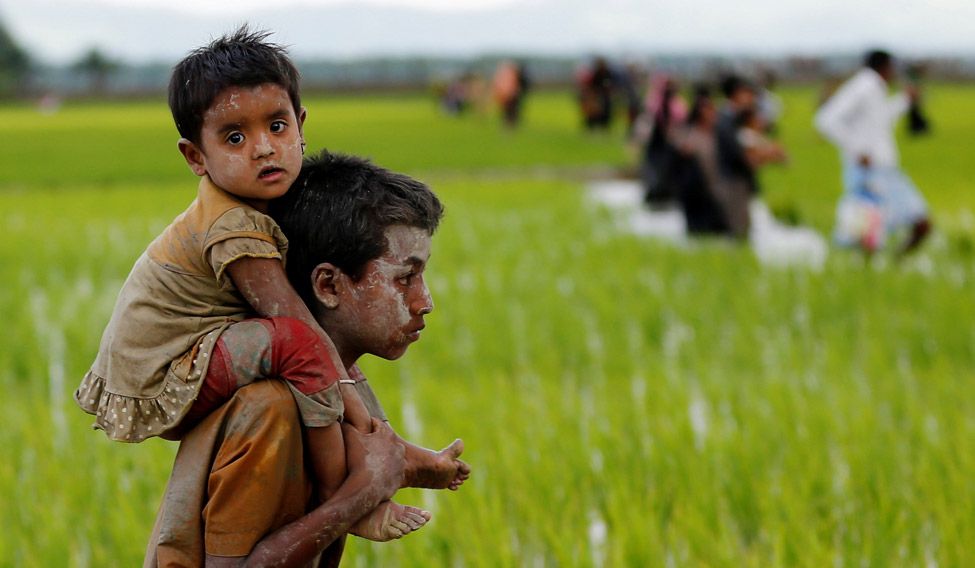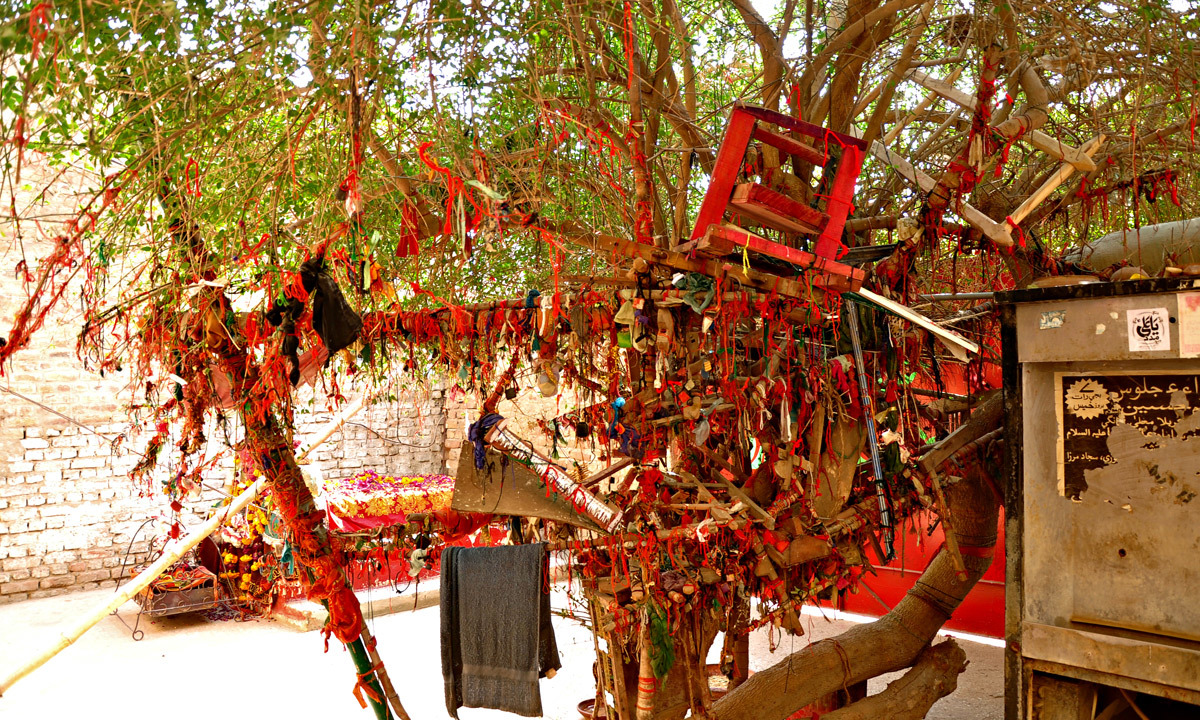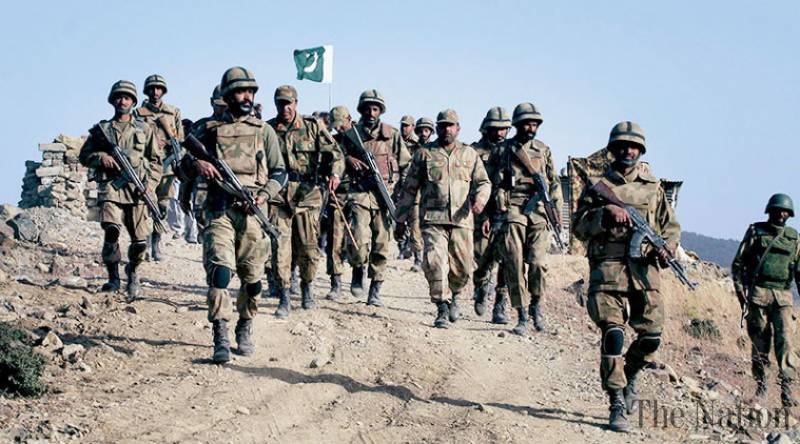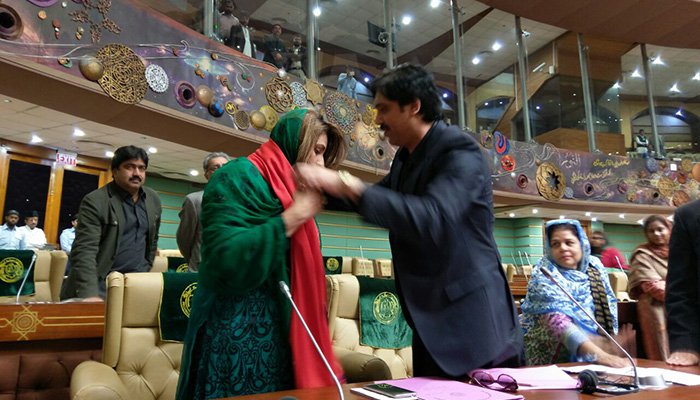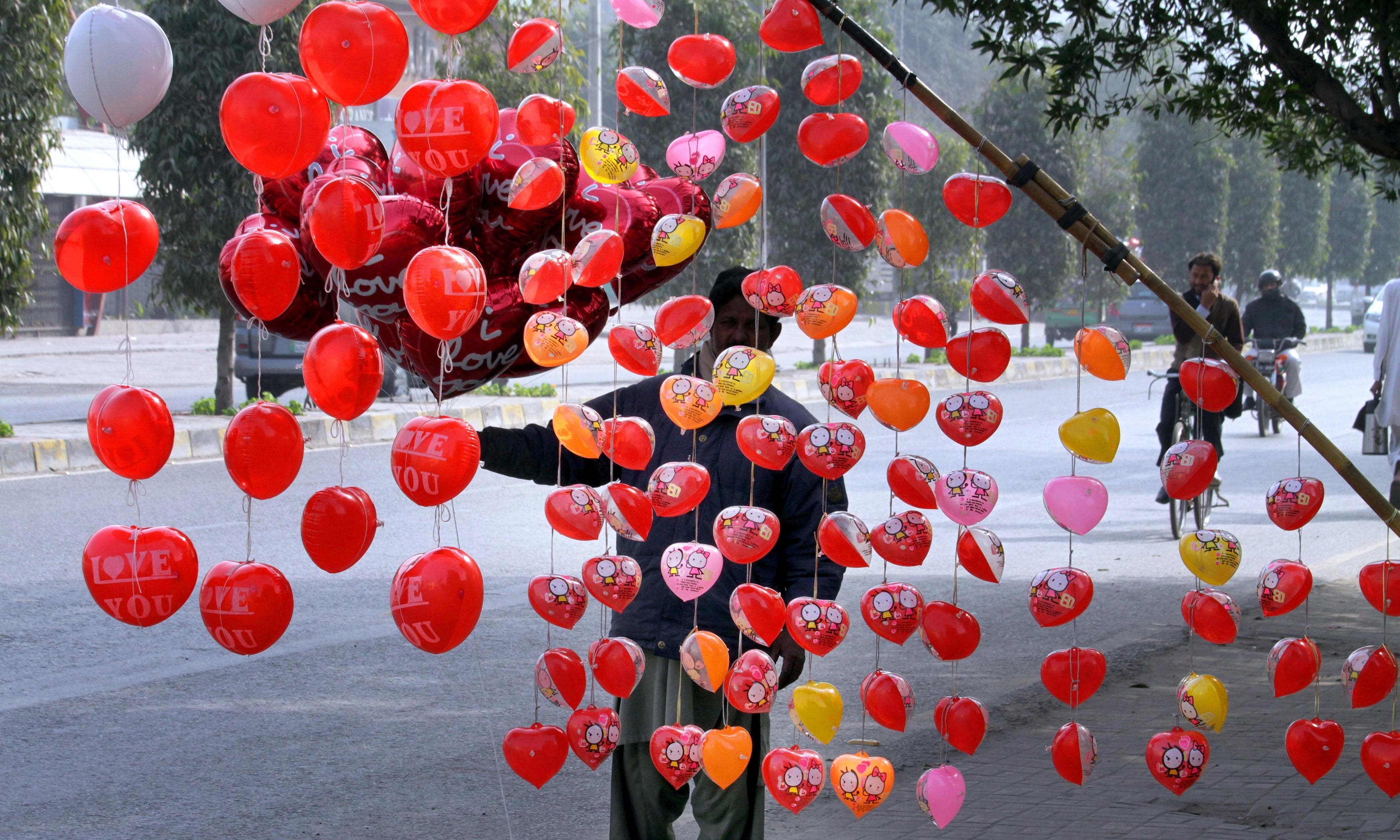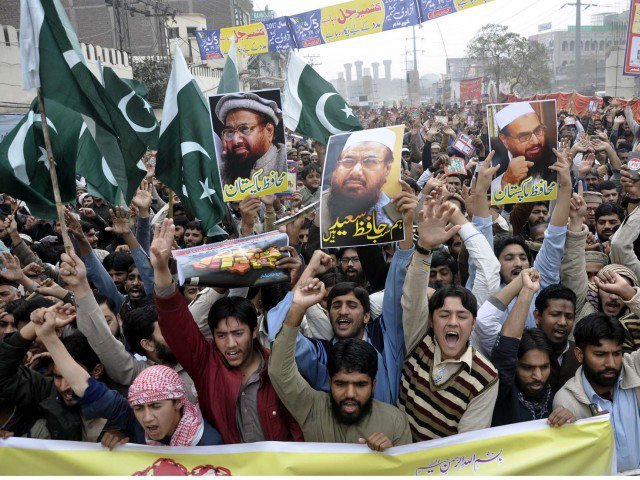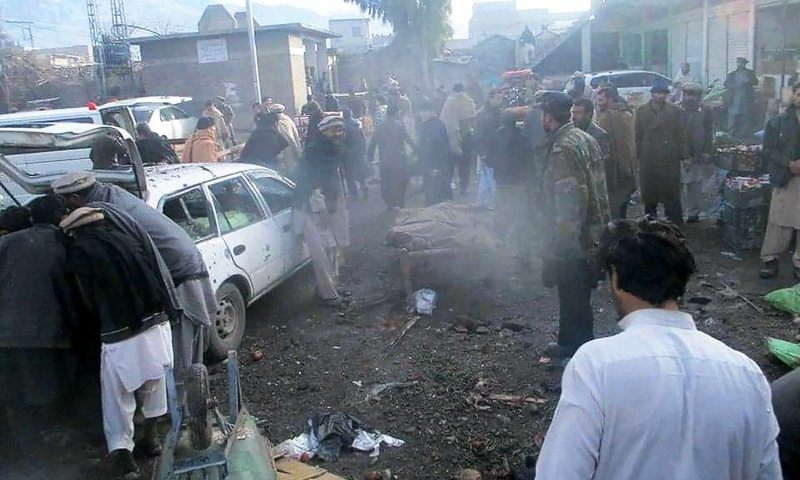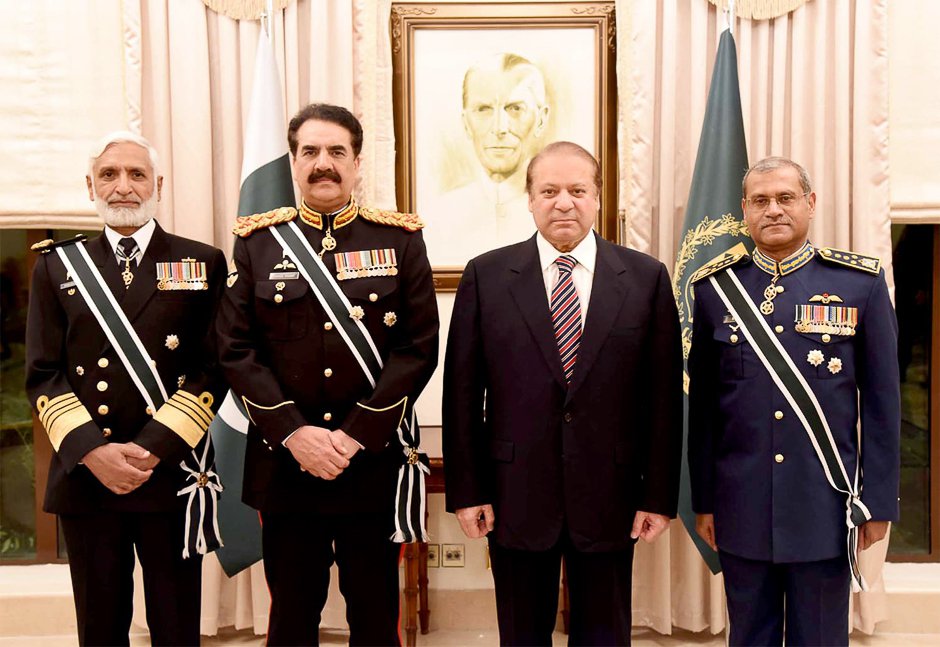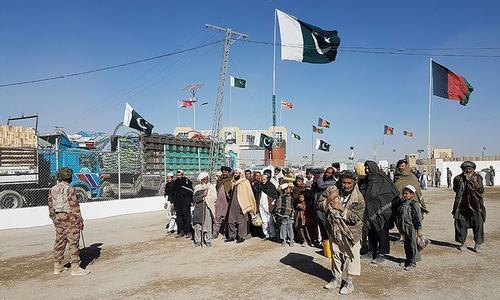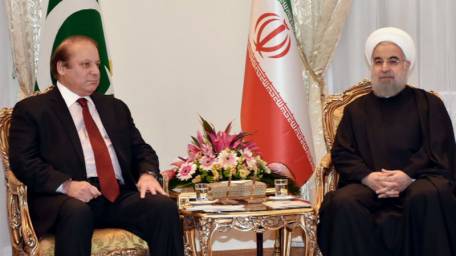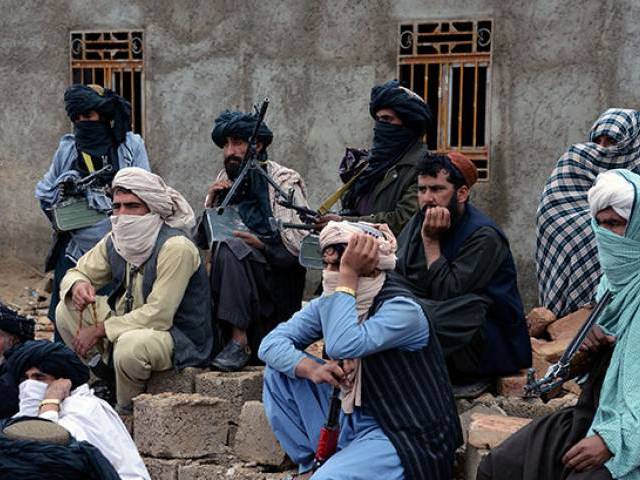CR Comment
D. Suba Chandran
Professor
International Strategic and Security Studies Programme (ISSSP)
National Institute of Advanced Studies (NIAS), Bangalore
Are we securitizing our rivers and water sharing in South Asia, and in the process complicating the existing problem even further? Are the new actors engaged in water discourse today usurping the process from those who have been involved in addressing issues relating to water sharing without politicizing it? Does the recent Indo-Pak debate on the Indus Waters reflect the above two aspects?
At the regional level, during the recent years there have been serious problems in water sharing between countries in South Asia and within - between provinces. Some of them even turned violent, leading to shutting down of towns/cities, resulting in colossal economic loss, besides straining relations between communities. Problems of water scarcity and issues in water sharing are being projected as a part impending “water wars”, thereby securitizing the debate and sharing. Not only the big rivers of South Asia - the Indus, Ganges and Brahmaputra but also their multiple tributaries are being securitized today.
It is ironic, the rivers that defined the multiple civilizations in South Asia, are seen as a “problem” today in the region. The Indus, after which our ancient civilization is referred to has become a problem between India and Pakistan, and between provinces within Pakistan. How did the above change come about?
Two specific reasons could be attributed to the above development – of pursuing rivers and waters as a “conflict”. First, the new actors – from political leadership to media – see water and rivers as a political issue that could be made use to serve their narrow purpose. The Water bureaucracy, primarily led by the engineers and administrative officials see the rivers and waters as a commodity that needs to be shared, and talk in terms of dam heights and the amount of water to be released or stored.
Increasing urbanization and commercialization have also resulted in a “water economy” thereby creating a seller and a buyer. From bottling water to distributing through tankers – there is an economy, with water becoming a prized commodity. Few decades ago, none in South Asia would have imagined such a development with our water.
Added to the above set of new actors – is the process of legalization and legislations. Instead of addressing the issues bilaterally or multilaterally, our legislative assemblies have started passing unilateral legislations on what needs to be done, or what the other party should not engage in. Such unilateral legislations result in provincial and national bravados, thereby projecting an assertive approach towards the other. In turn, the other side results in passing a parallel legislation, further exacerbating the situation. These “national” and provincial” legislations are projected as “will of the people” and seen as gospels of truths that have to be sanctified and adhered to. A related process is approaching the courts – national or international, presuming that the legal institutions are correct and final.
Second, because of the over and overt involvement of the above actors, traditional actors – from farmers to local communities that have been dealing with water sharing – have lost their voice. Worse, the above set of actors that have been traditionally and historically been dealing with water sharing, perhaps are being purposefully pushed to the background, as they do not suit the “water war” brigade.
All the above could be found in the Indus water dialogues both at the bilateral level between India and Pakistan, and between the provinces within Pakistan.
Can the “water war” debate be reversed? The question whether it “should be reversed” be totally thrown out of the debate. Given the emotions, sentiments, history, culture and most importantly the daily livelihood associated with the rivers in South Asia, the region cannot afford to securitize the water debate.
The water war debate can be reversed, if we bring the community in. Rivers have provided an identity to people; emphasizing on this identity and creating river communities could bring people together. On the Indus context, empahsising on an Indus Community is important, cutting across political boundaries. This Indus Community does exist at a psychological level and needs to be pushed to the front.
There have been multiple track-II dialogues between India and Pakistan during the recent years on various issues. Some of these dialogues, did have a focus on the Indus, but led primarily by the “security” experts. We need an “Indus Community Dialogue” cutting across political boundaries between and within India and Pakistan. Given the rising controversy over the Kabul river, perhaps Afghanistan could also be included.
Such an Indus Community Dialogue need not necessarily be a single one. It could be an umbrella dialogue with different groups talking with each other and across. The focus need not necessarily be only on water sharing; from history to culture, there is so much that could be discussed over the Indus. If there could be so much literature on the Indo-Pak partition – a tragedy, imagine what an “Indus literature” could produce.
Working towards an “Indus Community” through an “Indus Dialogue” could help the States and provinces as well. A common Indus identity is likely to lessen the war debate over the river and waters, and help the State to make decisions of importance, without getting politicized. Given the larger water scarcity from the demand side, and the reduction in water from the supply side, the growing population and urbanization demands depoliticized and constructive approaches along the Indus river.
Indus provides an identity to us. Let us not talk about waging a war over our identity, history, culture and daily livelihood.
The above was originally published in the Daily Times and a part of a series trying to find few “Big Ticket Items” and “Low Hanging Fruits” in the Indo-Pak context

